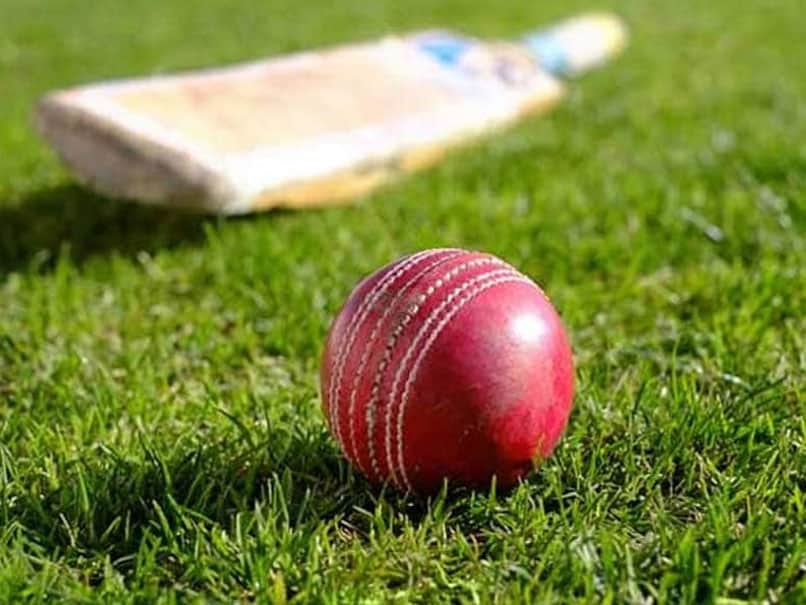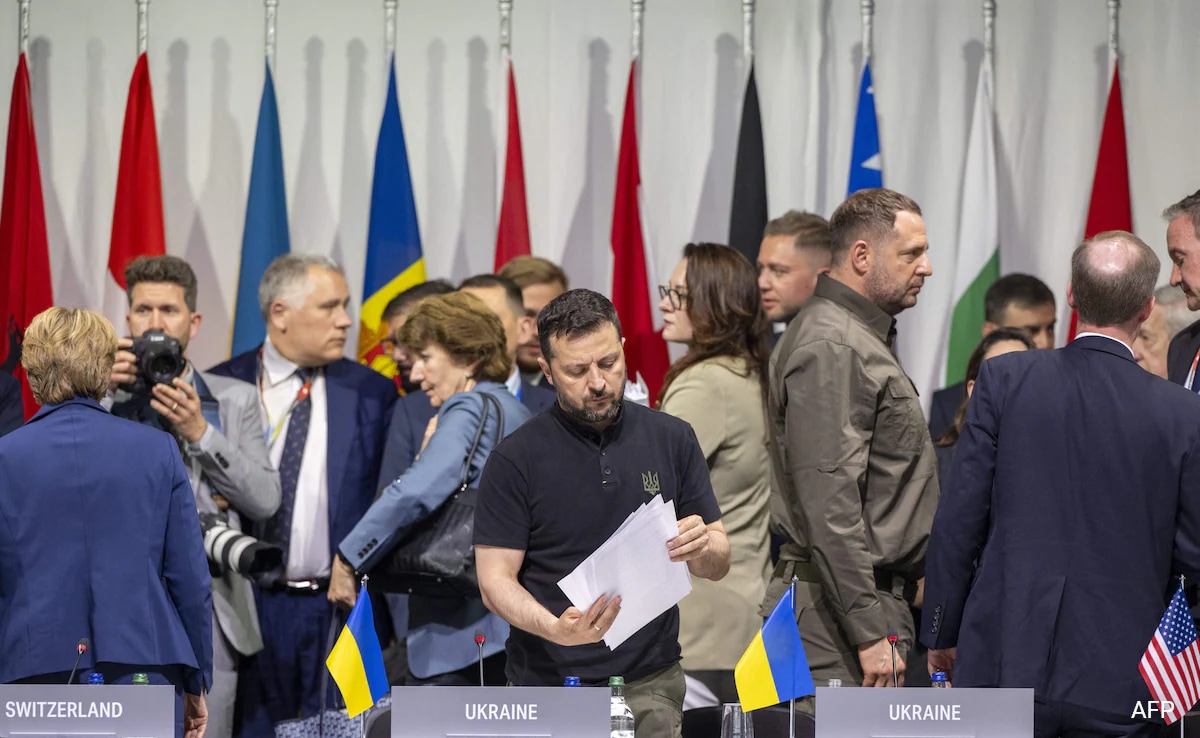Image used for representation only.
| Photo Credit: ANI
The story so far: The Union Cabinet on Monday, November 25, 2024, approved the ‘One Nation One Subscription’ (ONOS) initiative for centralised access to research articles and journal publication for government higher education institutions and research and development (R&D) laboratories of the central government.
The central government has allocated ₹6,000 crore for ONOS until 2027. All higher education institutions under central or State governments and R&D institutions of central government can avail the benefits of the initiative through a national subscription.
What is ONOS?
ONOS is a plan to consolidate researchers’ subscriptions to prominent academic journals and other similar publications. Once in place, the ONOS initiative will provide access to journal articles to all individuals in India for one “centrally negotiated payment”. The ONOS will replace individual institutional journal subscriptions.
Subscriptions to scientific journals are a costly affair. According to research conducted by S. Chakraborty of the National Institute of Plant Genome Research, New Delhi, and other researchers and published in Current Science in April 2020, India spent around ₹1,500 crore on subscription for electronic and print journals in 2018. Institutions also spent around ₹30-50 crore on access to SCOPUS and Web of Science, which are popular citation databases.
“One is looking at very large numbers in terms of financial outlays,” the paper noted.
In a response to a query raised in the Lok Sabha in August 2023, Subhas Sarkar, then Minister of State for the Education Ministry, said the Indian government spent around ₹995 crore on journal subscriptions in 2022. This included “the spending by the ten library consortia funded by different ministries/departments and self-subscriptions by individual government academic and R&D institutions”. Overall, the total expenditure for 2019-2022 was estimated to be around ₹2,985 crore, Mr. Sarkar said.
The ONOS initiative is also expected to include concessions on fees that authors have to pay to have their work published in open access journals.
History of the scheme
ONOS was recommended as one of the objectives of the Science, Technology, and Innovation Policy 2020 to facilitate knowledge-sharing on an “equal partnership basis”.
A plan for ONOS was presented at a stakeholder consultation in August 2021, which was endorsed by the concerned ministries. Another round of negotiations for ONOS took place on October 11-12, and October 25, 2023.
The negotiations were held with 41 publishers, which included journals and citation databases, according to the Office of the Principal Scientific Advisor. Popular STEM and social science publishers like Elsevier, Springer Nature, Taylor and Francis, and Wiley were a part of the process.
In his Lok Sabha response in 2023, Mr. Sarkar said a core committee had been constituted to implement ONOS. This committee consists of a secretary each from the Ministry of Education and the Department of Science and Technology, and a scientific secretary, and will be chaired by the Principal Scientific Advisor of the government of India.
Challenges of implementation
The ONOS core committee notified two more blocs for the transition to ONOS: the planning and execution committee (PEC) and the cost negotiation committee (CNC).
The PEC includes library consortia coordinators and representatives from government academic and R&D institutions. The main responsibility of this committee is to prepare a strategy to implement ONOS.
The CNC is responsible to finalise membership terms and conditions and pricing details for the subscription. Its members are from the negotiation committees of the existing library consortia.
Published – November 26, 2024 12:20 pm IST







